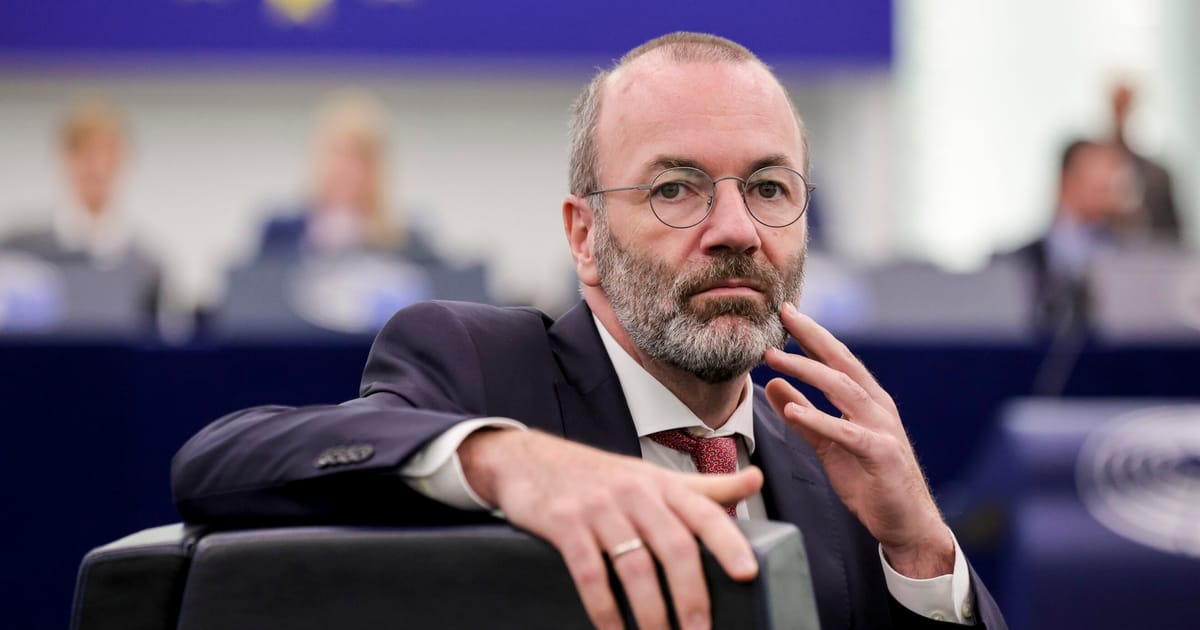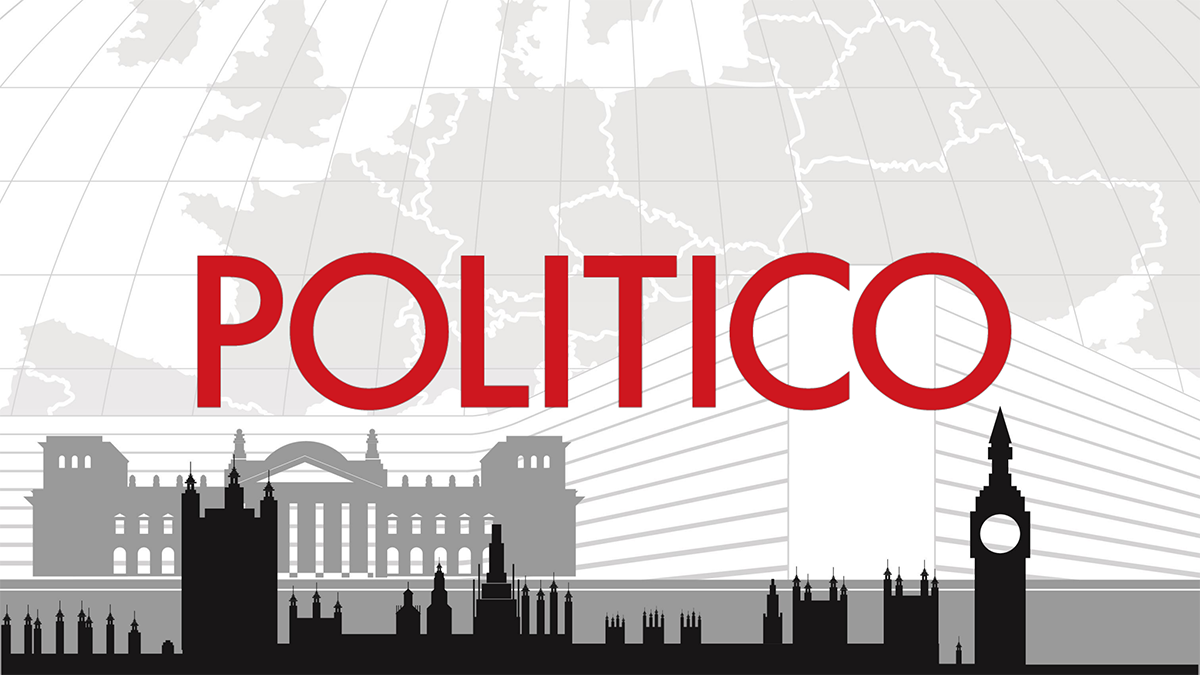EU Affairs
Europe is too weak to counter Trump, says conservative chief Weber

This post was originally published on this site.
“We are naked in a world of storms, because we have not prepared ourselves for today’s world,” the EPP leader said. “We were in a weak position during the trade deal … because half of Europe — the Balkans, Poland, Romania — are simply really afraid of Putin. And the only thing that can protect them at the moment is American military power.”
Europeans, Weber added, are now facing the hard reality of being “unable to defend ourselves against the drones that are coming.”
Moscow has been accused of violating NATO airspace on several occasions in recent weeks, including in Poland and Estonia, in what constitutes a new phase of escalating tensions between the West and Russia. Major Danish airports were briefly closed early Thursday morning due to what authorities said were drones.
On trade, Weber said he would have liked to see the EU and its chief negotiators show more self-confidence in talks with Trump over the summer, including by not backing down on the bloc’s digital tax for U.S. tech giants. But, he added, this was unrealistic due to the bloc’s military dependence on the U.S.
Weber called on the leaders of the EU’s 27 member countries to strengthen the bloc and show more visionary leadership.
“If we had a [Helmut] Kohl and a [François] Mitterrand today who created the euro back then, they would be paving the way for a European army,” he said. “That kind of leadership, that kind of visionary approach, is lacking at the moment.”
Today, he went on, this is the job of German Chancellor Friedrich Merz and French President Emmanuel Macron.
“It must be said that all of our top politicians are so caught up in national politics, so under pressure … that unfortunately, we do not have a generation of leaders in office right now who are capable of taking the big steps that are needed,” he added.
EU Affairs
Naming and shaming doping athletes is against EU law, says top lawyer

This post was originally published on this site.
Publishing the name of a professional athlete online because they have broken anti-doping rules is against the EU’s privacy laws, a top EU lawyer has said.
The fresh opinion from Advocate General Dean Spielmann weighs a case taking place in Austria, where four professional athletes who have broken anti-doping rules are arguing that publication of their details online would breach the EU’s General Data Protection Regulation.
Austrian law requires details including the athletes’ names, sporting discipline, duration of their exclusion and the reasons for that exclusion to be published on the websites of the Austrian anti-doping agency and an associated legal committee.
EU Affairs
Sarkozy found guilty in Gadhafi case

This post was originally published on this site.
Sarkozy, 70, is still awaiting sentencing but is expected to be able to walk out of court a free man by appealing the verdict, which would push sentencing until after the appeal.
Sarkozy has repeatedly professed his innocence and claimed to be the victim of a smear campaign coordinated by Gadhafi’s allies after the former French president led the NATO effort to overthrow the Libyan dictator in 2011.
The conservative Sarkozy has had repeated run-ins with the law since leaving office — including one corruption case in which he was found guilty and has exhausted his appeals. But the Libyan case contained the most egregious charges and heaviest potential penalties.
This developing story will be updated.
EU Affairs
German recovery still on ‘shaky ground’, economic institutes say

This post was originally published on this site.
The German economy should grow again for the first time in three years this year, but its long-term prospects remain challenging, five leading economic institutes said in a new forecast.
Europe’s largest economy is expected to grow by 0.2 percent this year, before accelerating to 1.3 percent in 2026 and 1.4 percent in 2027, primarily driven by the federal government’s expansionary fiscal policy. The forecasts are largely unchanged from the institutes’ spring forecast round.
“The German economy is still on shaky ground,” said Geraldine Dany-Knedlik, head of Forecasting and Economic Policy at the German Institute for Economic Research (DIW Berlin). While growth will strengthen over the next two years, she warned that “this momentum will not last,” given persistent structural weaknesses.
Latest survey data suggests that expectations of a near-term pick-up in growth may indeed be optimistic, as both the Ifo Business Climate index and S&P Global’s purchasing managers index showed companies turning more pessimistic about the outlook.
Looking ahead, the institutes warn that the economy is exposed to significant risks. “The trade dispute between the United States and the EU carries considerable potential for escalation, particularly if the EU fails to deliver on its commitments,” they wrote. “In addition, the overall economic impact of the expansionary fiscal policy is difficult to assess and depends heavily on its specific design.”
-
Culture2 days ago
Taylor Swift’s new cinema outing generates more than €12million in just 24 hours
-
Environment1 week ago
Chimps drinking a lager a day in ripe fruit, study finds
-
Politics2 days ago
European Parliament snubs Orbán with vote to shield Italian MEP from Hungarian arrest
-
Culture2 weeks ago
Life, loss, fame & family – the IFI Documentary Festival in focus
-
Health3 days ago
EU renews support for WHO’s Universal Health Coverage Partnership
-
Culture2 days ago
Twilight at 20: the many afterlives of Stephenie Meyer’s vampires
-
Environment5 days ago
Key oceans treaty crosses threshold to come into force
-
Culture2 months ago
Fatal, flashy and indecent – the movies of Adrian Lyne revisited







































